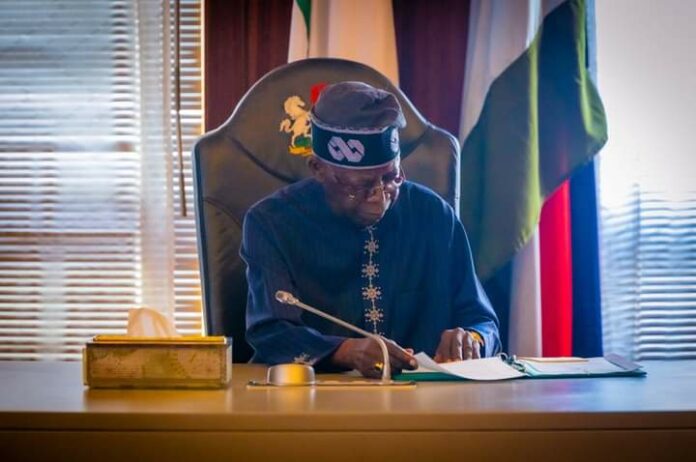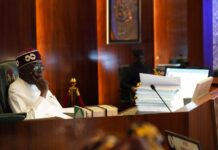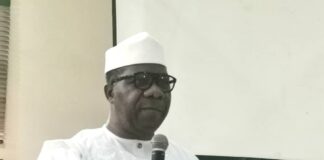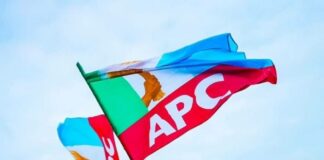The report presented to the President against the former CBN Boss highlighted unauthorised funding of offshore bank accounts, fraudulent cash withdrawals from the CBN vault, gross financial misconduct involving the former governor
The panel investigating former Central Bank of Nigeria Governor Godwin Emefiele, headed by Jim Obazee, had submitted its report to President Bola Tinubu on Friday.
Tinubu expressed gratitude to Obazee for his services as the Special Investigator of the Central Bank of Nigeria (CBN) and related entities, and declared the investigation officially closed.
Presidential spokesman, Ajuri Ngelale, in a statement quoted the President as commending Mr. Obazee for the dedication and professionalism he exercised in handling the “complexities of this critical national assignment.”
Ngelale said, “Subsequent to the conclusion of the assignment and the submission of a final comprehensive report, and with the winding up of all apparatuses used during the scope of the task which terminated on March 31, 2024, the investigation is formally closed, with all appropriate law enforcement and regulatory agencies already conducting follow-up action.
“The President thanks Mr. Obazee for answering the call of duty while wishing him success in his future endeavours.”
Recall that President Tinubu in July appointed Obazee, former Chief Executive Officer of the Financial Reporting Council of Nigeria (FRC), to investigate the activities of the apex bank under Emefiele.
Following the findings of Obazee and his team, the former CBN Governor is already facing charges in court.
The report presented to the President against the former CBN Boss highlighted unauthorised funding of offshore bank accounts, fraudulent cash withdrawals from the CBN vault, gross financial misconduct involving the former governor and his Deputy Governors, substantial fixed deposit holdings amounting to £543.4 million, among others.
The report also highlighted manipulations in the Naira exchange rate, irregularities in the e-Naira project, unauthorised printing of new currency denominations, and substantial expenditures on legal fees.















